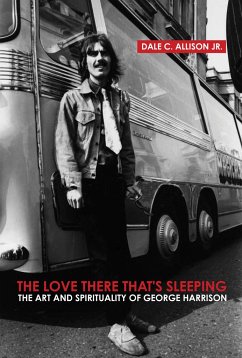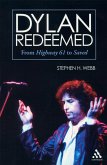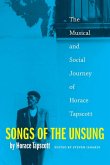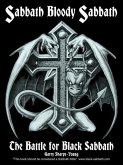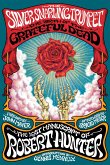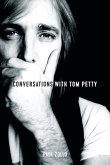From his days as the "quiet Beatle"--a tag he quite disliked--to his immensely successful and critically admired solo career, George Harrison produced one of the most memorable bodies of music in modern times. His "Something" and "Here Comes the Sun" can certainly lay claim to being the best offerings on The Beatles' Abbey Road, while his 1970 album All Things Must Pass introduced new musical styles to rock and roll. Harrison was the pioneer in making mainstream rock a vehicle for religious convictions. In this respect, he is a forerunner of bands such as U2 and Creed. People often criticized him for being preachy or didactic. Reviewers over the years exhibited either an anxious disinclination to say much about his evangelistic lyrics or showed a condescending tendency to dismiss them. His devotional language was not their language. They regularly thought him sanctimonious and full of irrelevant religious platitudes. Allison's book views Harrison's religious bent as his most interesting trait. Harrison should be admired for having something distinctive to say, and for saying it while knowing that many would not understand and that others who might understand might not be sympathetic. He had the courage of his convictions, to sing to the public what he sang to himself in his heart. Allison traces Harrison's religious pilgrimage from Liverpool Roman Catholicism to a brand of philosophical Hinduism. He sorts through Harrison's musical corpus--through its mixed bag of fragmentary feelings, religious poetry, secular love songs, perceptions of the world, and anxieties about life--to interpret what matters most to Harrison. In short, this is a book about Harrison's religious sentiments as they surface in his songs.
Hinweis: Dieser Artikel kann nur an eine deutsche Lieferadresse ausgeliefert werden.
Hinweis: Dieser Artikel kann nur an eine deutsche Lieferadresse ausgeliefert werden.

